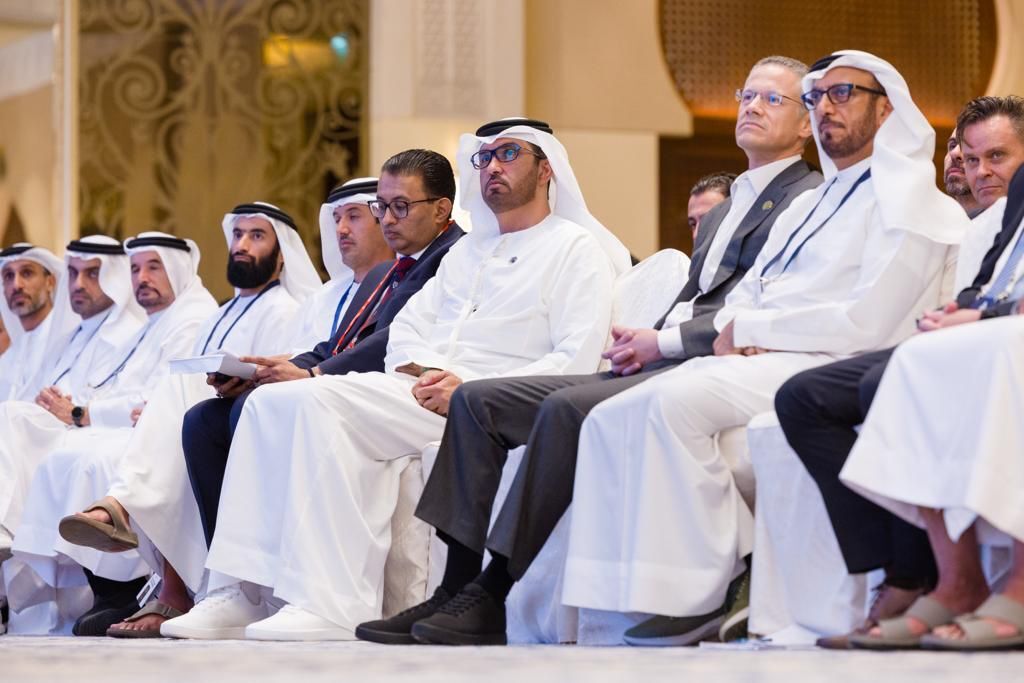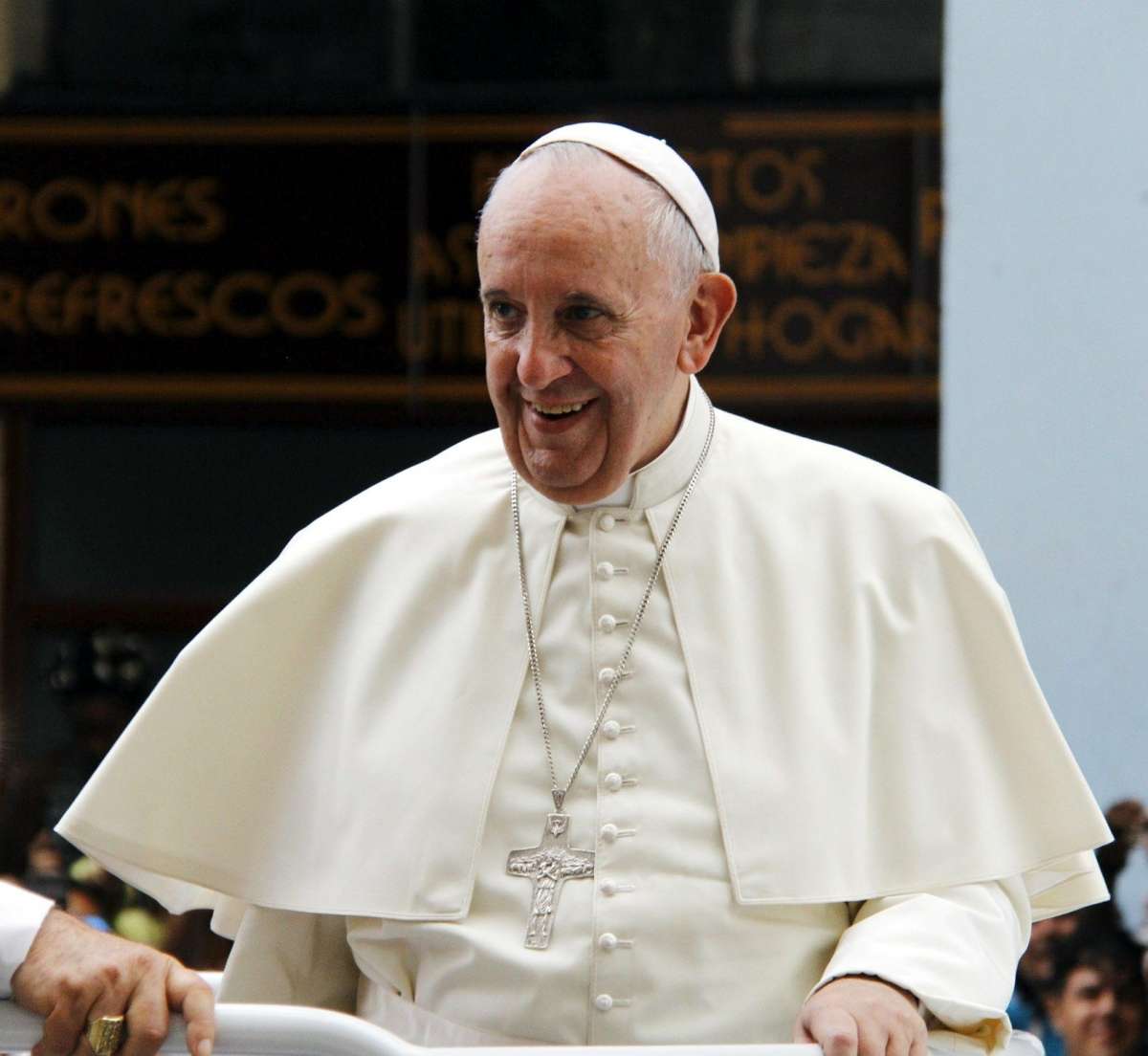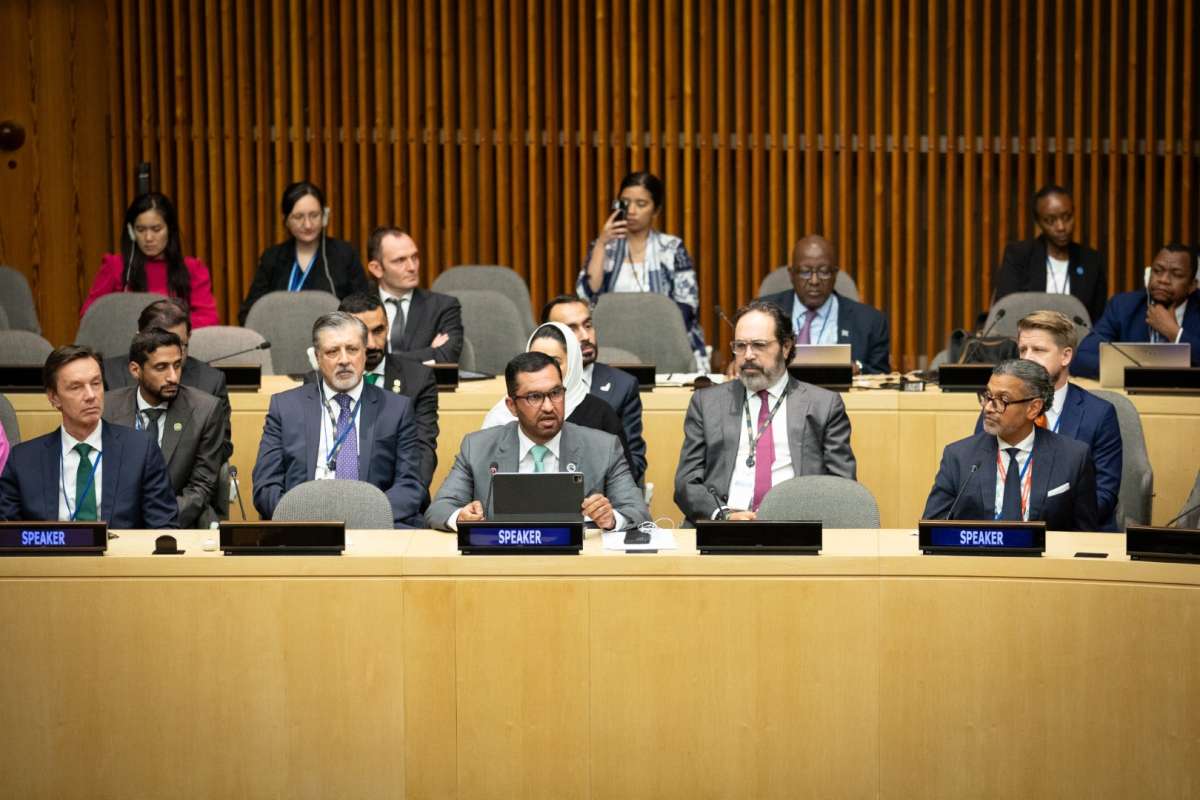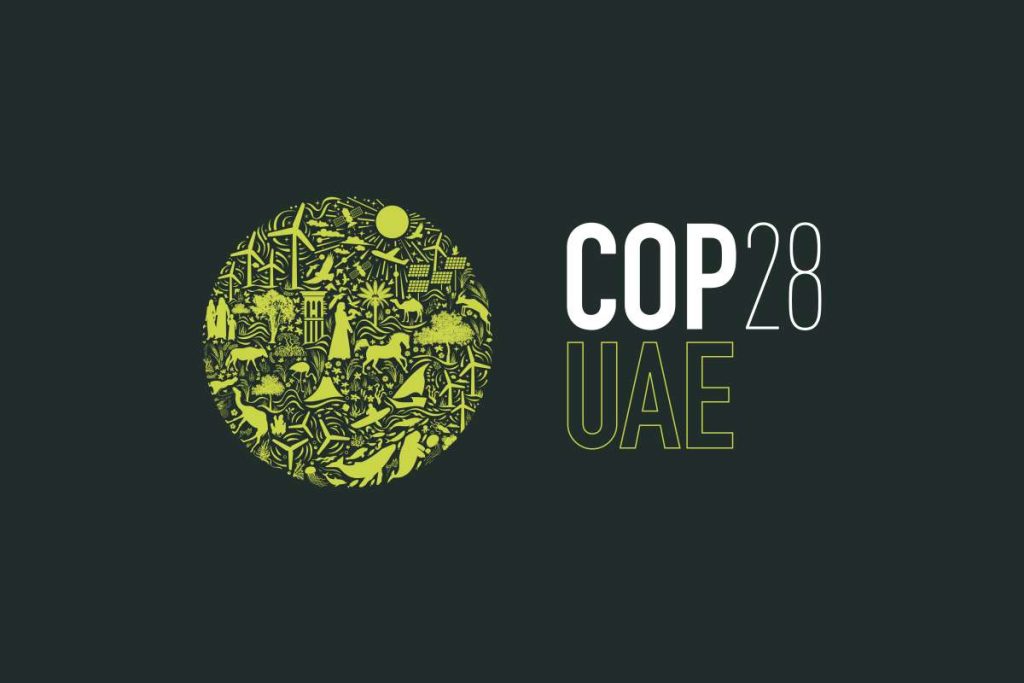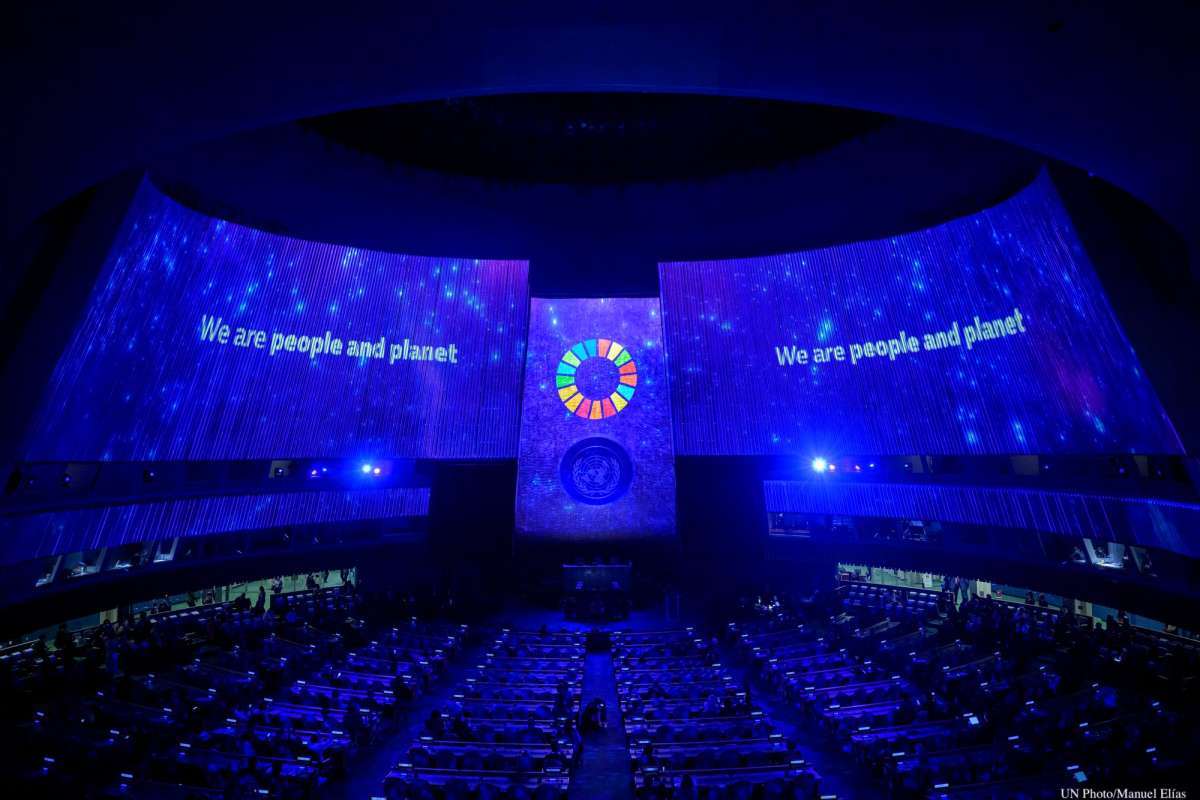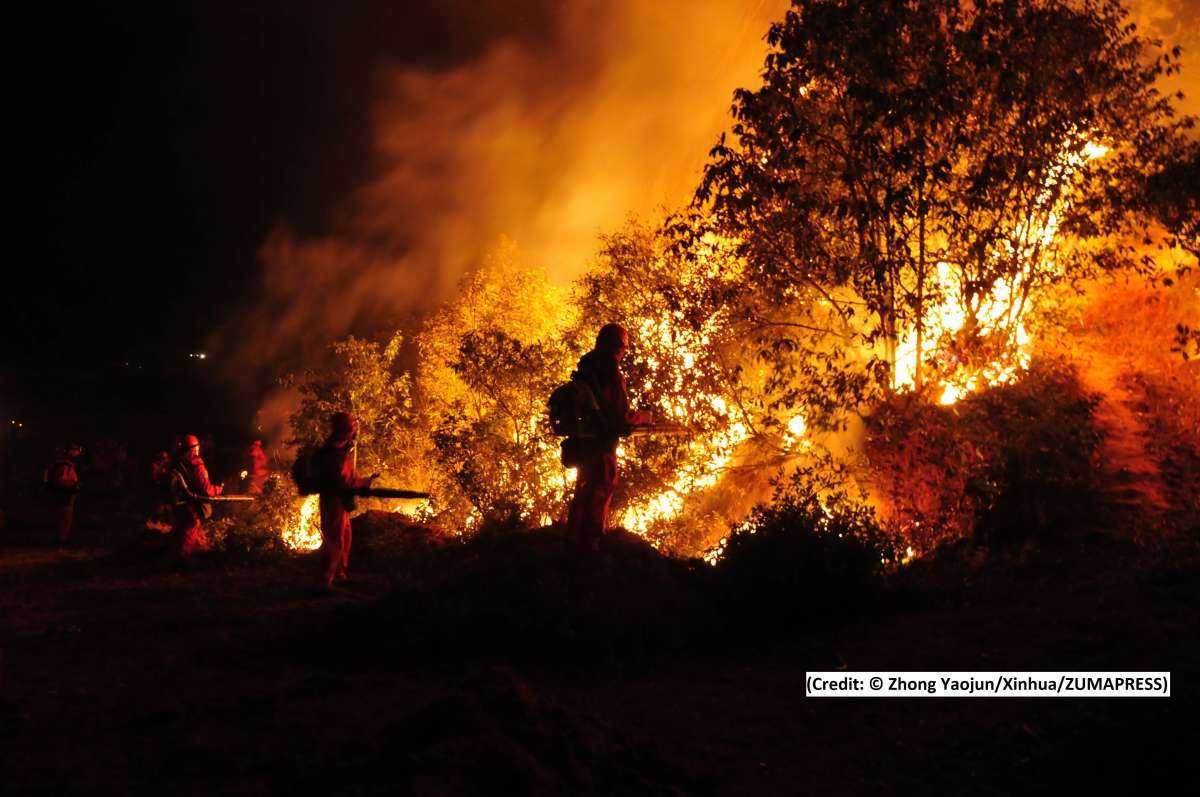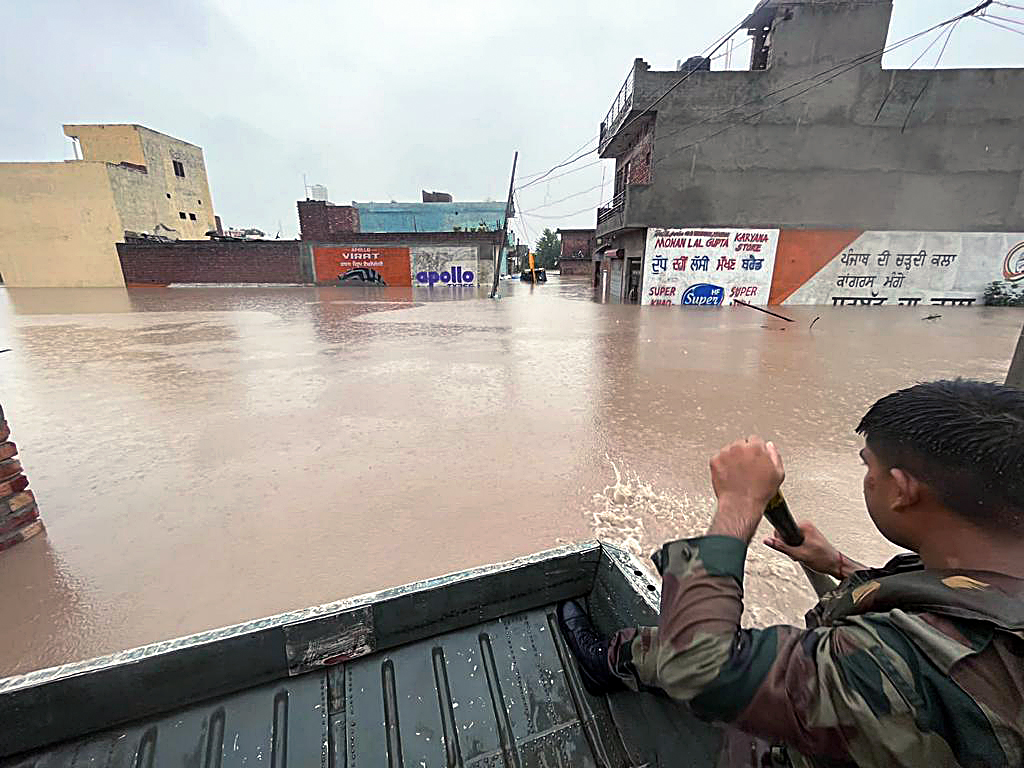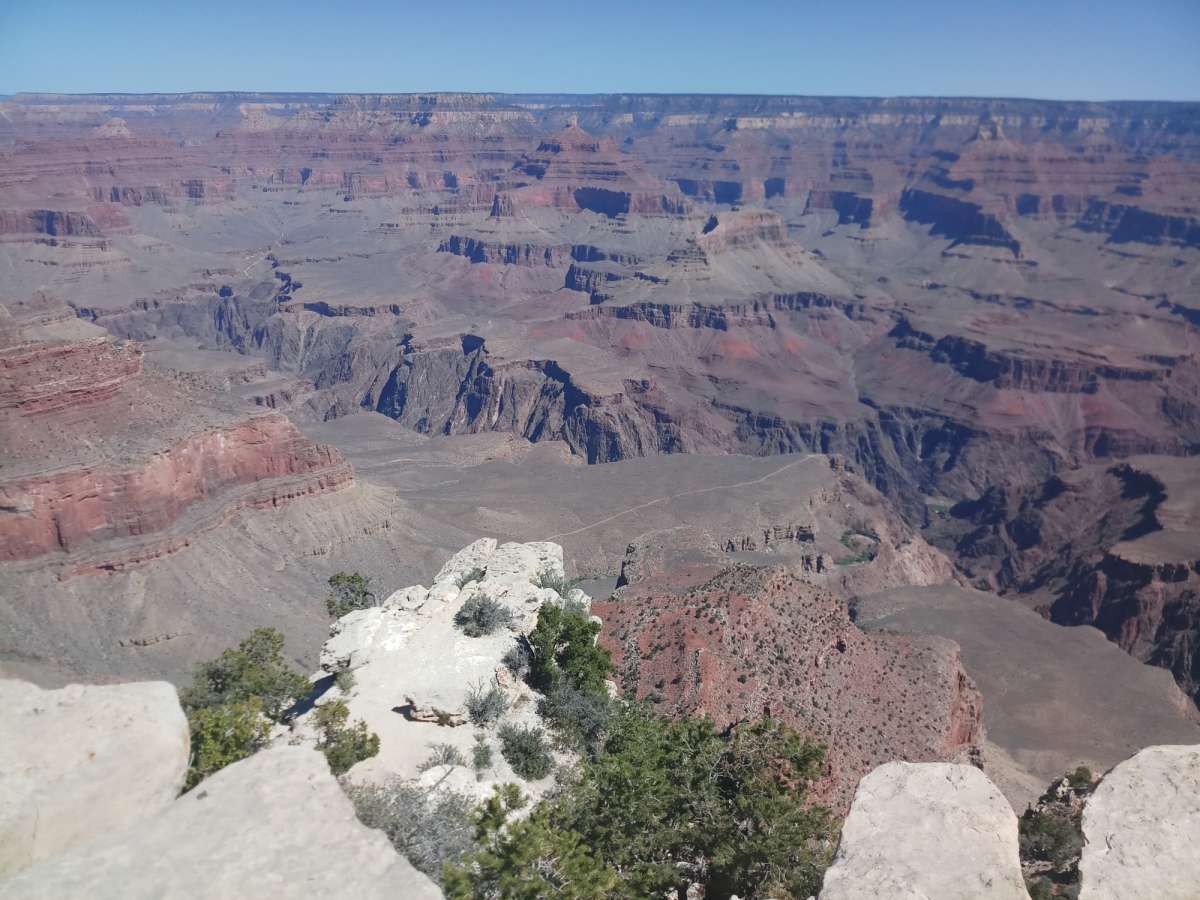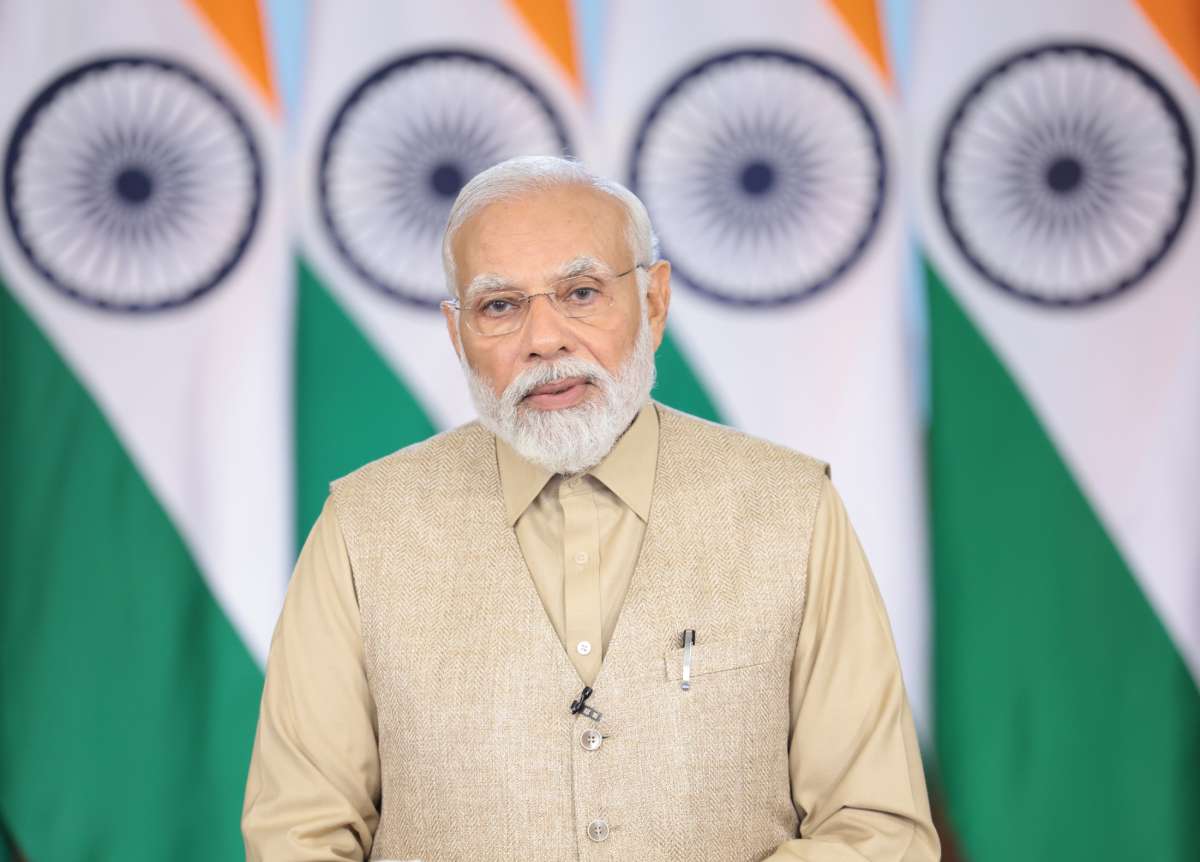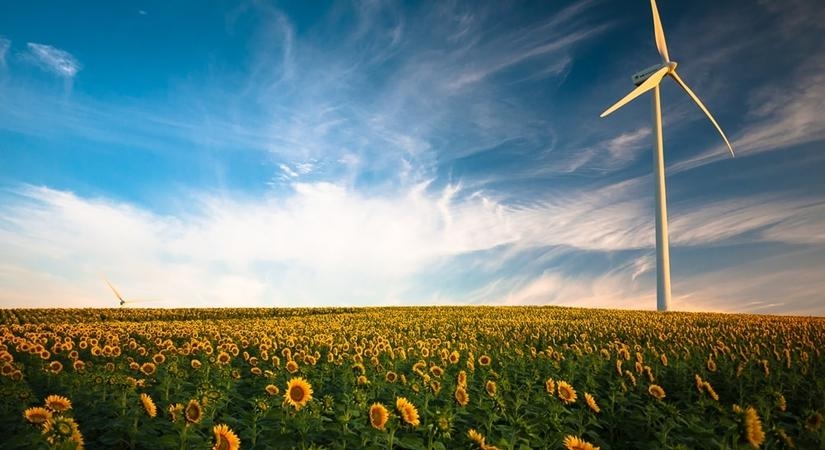Business leaders and entrepreneurs convene at ‘Road to COP28’ event in Dubai to address MENA climate action
The ‘Road to COP28’ event brought together over 350 prominent business leaders, entrepreneurs, and government officials, in collaboration with 27 YPO Middle East/North Africa chapters.
Co-hosted by Badr Jafar, COP28 Special Representative for Business and Philanthropy, the event was attended by Dr. Sultan Al Jaber, COP28 President, Abdulla Al Basti, Secretary General of The Executive Council of Dubai, Lieutenant General Mohammed Al Marri, Director General of the Federal Authority for Identity & Citizenship, Khalfan Belhoul, CEO of Dubai Future Foundation, H.E. Mohammad Ali bin Rashed Lootah, President & CEO of Dubai Chambers, and other officials. The event’s primary goal was to rally collective efforts and raise regional business ambitions in tackling climate change in preparation for COP28, and the COP28 Business and Philanthropy Climate Forum scheduled on 1 and 2 December 2023.
The event consisted of a number of keynote speeches on the preparations for COP28 and opportunities for business to engage across the COP28 Presidential Action Agenda, including from Razan Khalifa Al Mubarak, the UN Climate Change High-Level Champion for COP28, and Helal Saeed Al Marri, Director General of Dubai Department of Economy and Tourism.
Al Mubarak shared the goals and vision of the COP28 Presidency, emphasizing the critical role of mobilizing private investment to address climate finance gaps. The COP28 Presidency is fully committed to inclusivity and recognizes that business and philanthropy are essential stakeholders in developing collective solutions for achieving net-zero pathways and sustainable development.
The event marked a significant step forward for the regional business community, as the UAE prepares to host COP28.
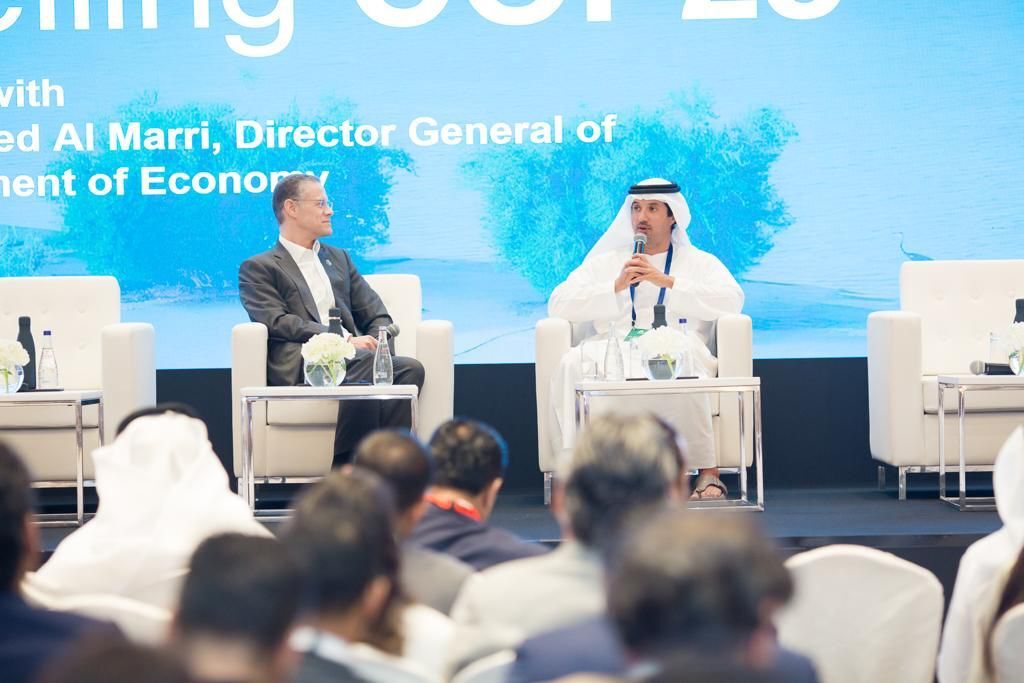
Attendees had the opportunity to participate in sessions focusing on critical aspects of climate action underscored by COP28’s private sector initiatives; such as the energy sector’s role in global emissions reductions and the policies driving it, the intersection of climate finance and technological innovation, the connection between the built environment and climate, and the protection of natural assets and food systems in addressing the climate crisis.
COP28 President Dr. Sultan Al Jaber said, “In the battle against climate change, government and civil society cannot do the job themselves. A just and responsible energy transition requires major private sector investment if it is to become a reality. Businesses must partner actively with governments and civil society to ensure the right conditions are established for private sector investment in that transition.”
To drive collective action, COP28 will host the Business and Philanthropy Climate Forum during COP28, running in parallel with the World Climate Action Summit.
The Forum aims to coordinate strategies on how the private sector can help address the financing gap of over USD 3 trillion required annually to achieve net-zero emissions, support climate adaptation, reverse nature loss and restore biodiversity.
Jafar, who is also Chair of the Business and Philanthropy Climate Forum said: “For too long, the climate narrative has been seen through the prism of activism equals good, and capitalism equals bad. Which is why the COP28 Presidency has called for a new paradigm of actionism, which embraces the dynamism, capital, and action networks that business and philanthropy must bring to the table, if we are to stand a chance in achieving nature and climate goals. This CEO-level Forum will break down silos and mobilize global business and philanthropy leaders, along with policy makers, to unlock solutions and drive bolder results in line with the COP28 Action Agenda.”
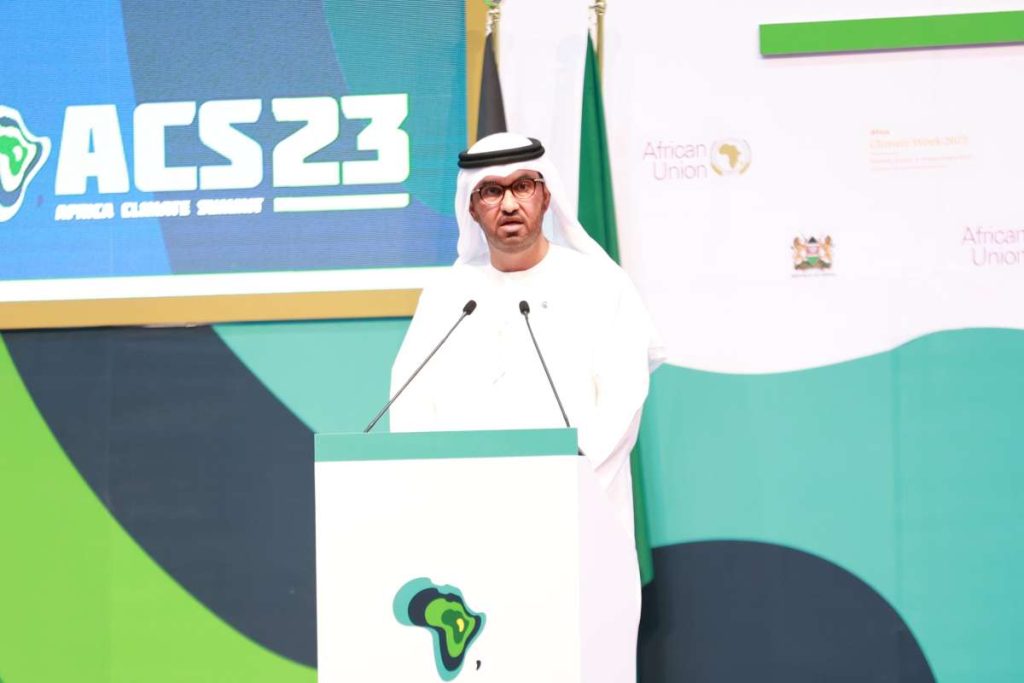
UN Climate Change High-Level Champion for COP28, Razan Al Mubarak said:”The future of our planet hinges not solely on government resolutions, but on the innovation, commitment, and ambition of the private sector. As we stand at this crossroad, it is essential for businesses and philanthropies to channel their influence and resources, closing the finance gap and crafting a green legacy for generations to come.”
Director General of Dubai Department of Economy and Tourism, Helal Saeed Al Marri commented: “As we approach this crucial global moment, we hope that Dubai’s unmatched infrastructure and global accessibility serve as a unifying platform for nations and networks to foster dialogue, share solutions, and drive climate action. The UAE stands as a beacon for innovation and collaboration.”
Business leaders who addressed the event included, Ahmed Galal Ismail, CEO of Majid Al Futtaim, Khaled Al Huraimel, Group CEO of BEEAH, Rory James McCarthy, Partner at Yellow Door Energy, Samaila Zubairu, CEO & President of the Africa Finance Corporation, Bader Ataya, Co-founder of Kitopi, Edward Hamod, Founder & CEO of Switch Foods, Sean Dennis, Co-Founder of Seafood Sooq, Riad Bsaibes, President & CEO of Amana Investments Group, Sandeep Walia, Chief Operating Officer of Mariott International Middle East, Ahmad Ali Alwan, Deputy CEO of Hub71, and Najla Al Midfa, CEO of Sheraa – Sharjah Entrepreneurship Center, among others.
The event put a spotlight on the important role that private sector can play in meeting climate goals, while the COP28 Business and Philanthropy Climate Forum aims to strengthen this collaborative climate action in line with the COP28 Action Agenda, which includes fast-tracking a just and orderly energy transition; fixing climate finance; putting nature, lives, and livelihoods at the heart of climate action; and underpinning everything with full inclusivity.
ALSO READ: UAE Calls on Govts to Endorse COP28 Declaration on Climate & Health

